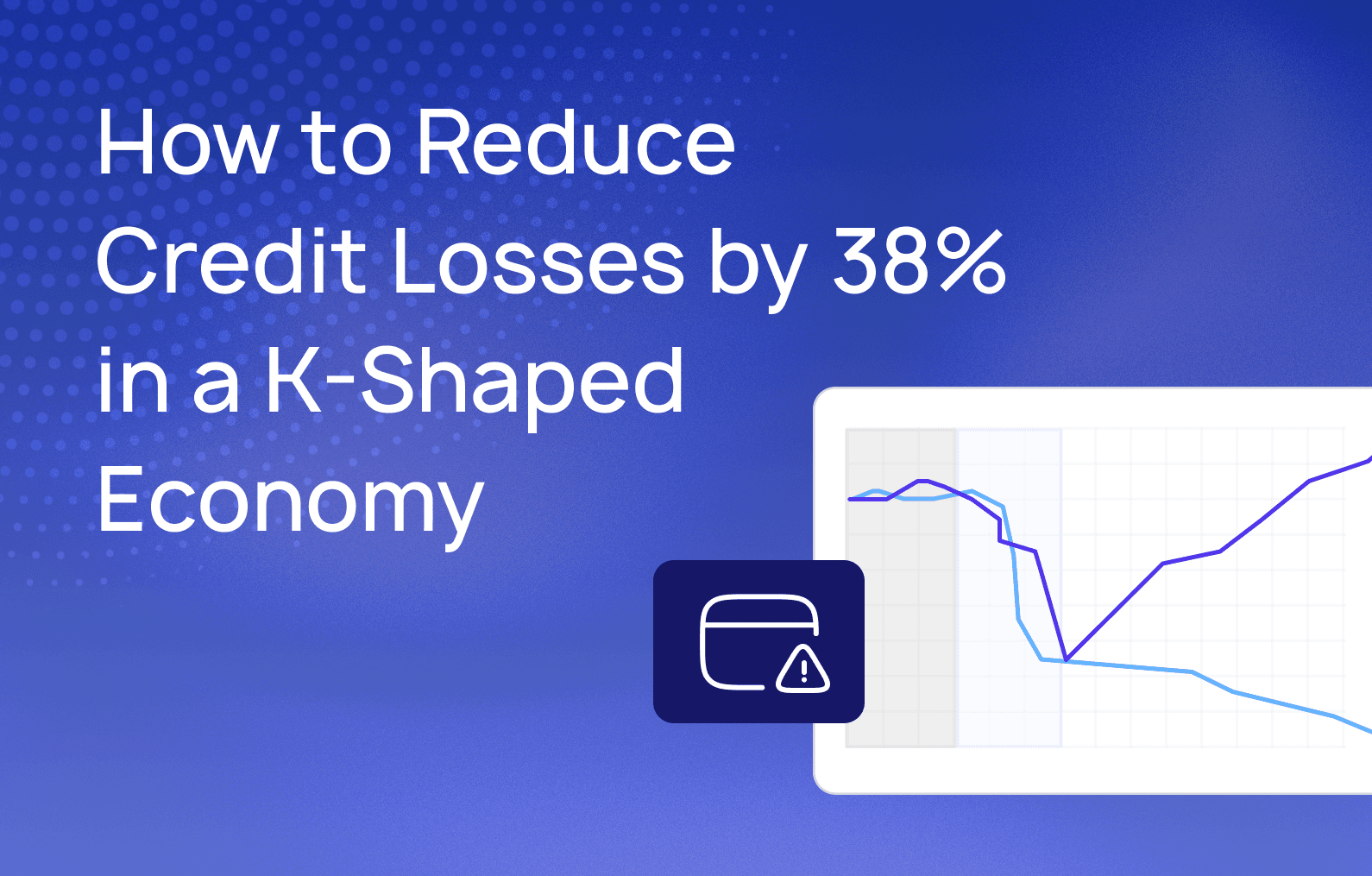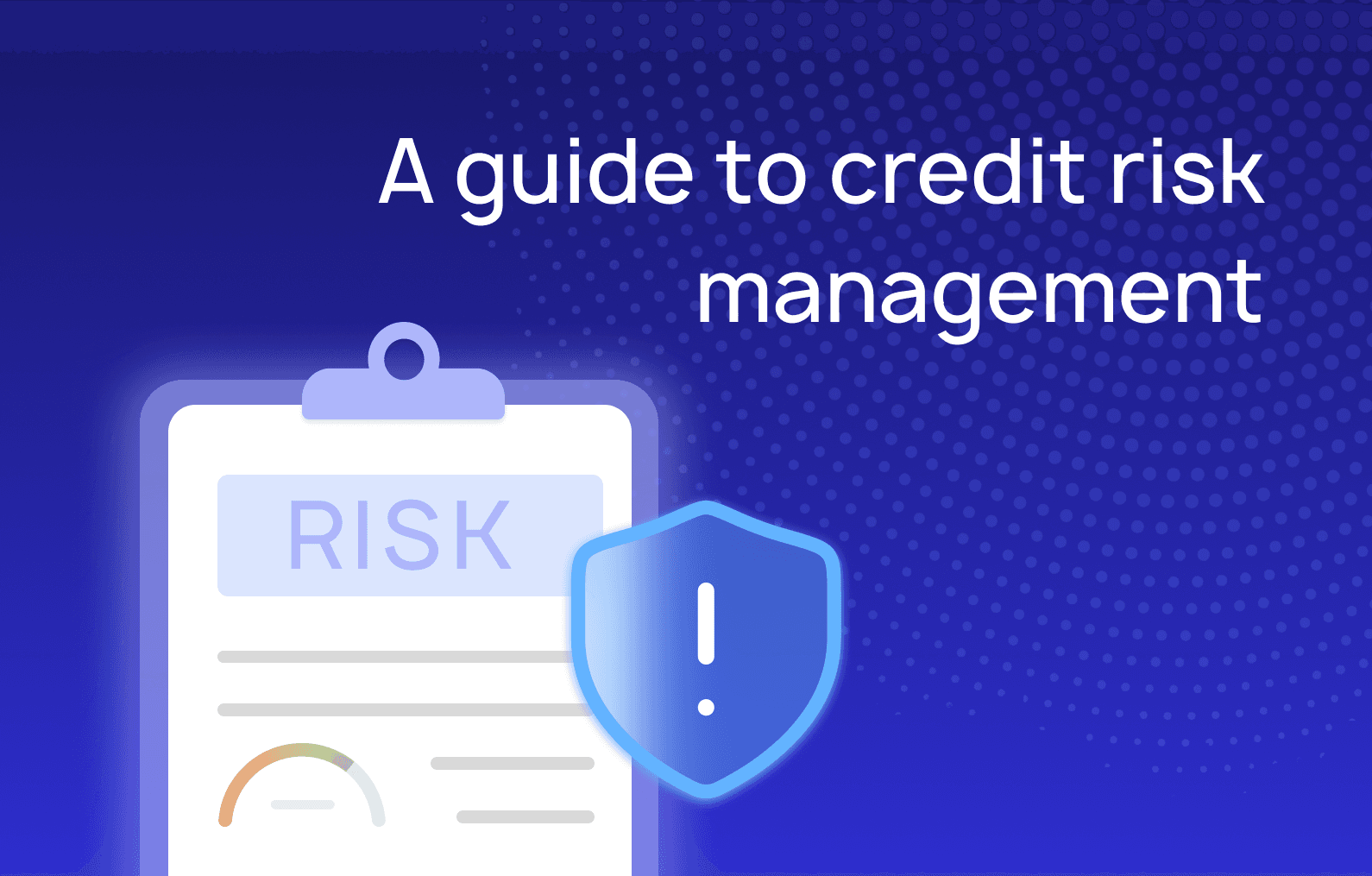FDCPA Compliance Summary
Introduction
The Fair Debt Collection Practices Act (FDCPA) primarily regulates the actions debt collectors can take in regards to consumer debt collection, which prevents abusive, unfair, or deceptive practices. It also places controls on legal actions taken by a debt collector and civil liability debt collectors might face. This document will go over the main points of the act, and how it affects debt collection in practice.
Key Requirements of the Fair Debt Collection Practices Act (FDCPA)
- Debt collectors have strict rules and limitations in how and when they can contact a consumer regarding their debt in order to prevent harassment, abuse, or misleading representations.
- Debt collectors are limited in when and what they can communicate with a third party regarding another person’s debt.
- If a debtor requests that a debt collector stop contacting them, the debt collector must do so.
- A debt collector must give a notice of debt, or validation notice, on initial contact or send a notice of debt within 5 days of initial contact with a consumer regarding their debt.
- A consumer can dispute a debt or request the original creditor information about a debt in writing within a 30 day time period after receiving a notice of debt.
- If a debt collector receives a dispute, they must cease collection of the disputed debt until they obtain verification of the debt or a copy of a judgment.
- If a consumer requests the name and address of the original creditor, the debt collector must cease collections on the debt until the name and address of the original creditor is mailed to the consumer.
- If a consumer has multiple debts and makes any single payment to a debt collector, the debt collector must apply the payment according to the consumer’s directions.
- The Act regulates which venues a debt collector can bring legal action against a consumer regarding a debt.
- The Act regulates factors of civil liability that debt collectors might face, such as amount of damages, court consideration, and jurisdiction.
FDCPA violations list
Even with clear rules, compliance gaps can occur. Below are some of the most common FDCPA violations collectors should actively avoid:
- Contacting Consumers Outside Permitted Hours
Attempting to reach a consumer before 8:00 AM or after 9:00 PM (local time) without prior consent violates FDCPA timing restrictions. - Harassment or Abusive Communication
Repeated calls, threats, or the use of profane or abusive language are strictly prohibited and considered harassment under the Act. - Ignoring a Cease Communication Request
Continuing to contact a consumer after receiving a formal written request to stop all communication constitutes a direct FDCPA violation. - Failure to Provide a Validation Notice
Collectors must send a written notice within five days of initial contact detailing the debt amount, creditor name, and the consumer’s right to dispute. Failing to do so breaches FDCPA requirements. - Disclosing Debt Information to Unauthorized Parties
Sharing or discussing a consumer’s debt with anyone other than the consumer, their attorney, or authorized third parties (for location purposes only) is not permitted.
LoanPro Solutions
- Dynamic Templates can be used to create compliant forms for various notices.
- Event and trigger based notifications can be sent by a variety of methods, including physical mail, email, or text message.
- You can easily keep track of all borrower information, take notes on interactions, and record promises.
- Rules and agent walkthroughs can be used to ensure that any contact with the debtor is in compliance with the FDCPA.
For more information on guardrails and security features that help maintain regulatory compliance, see our security overview.




